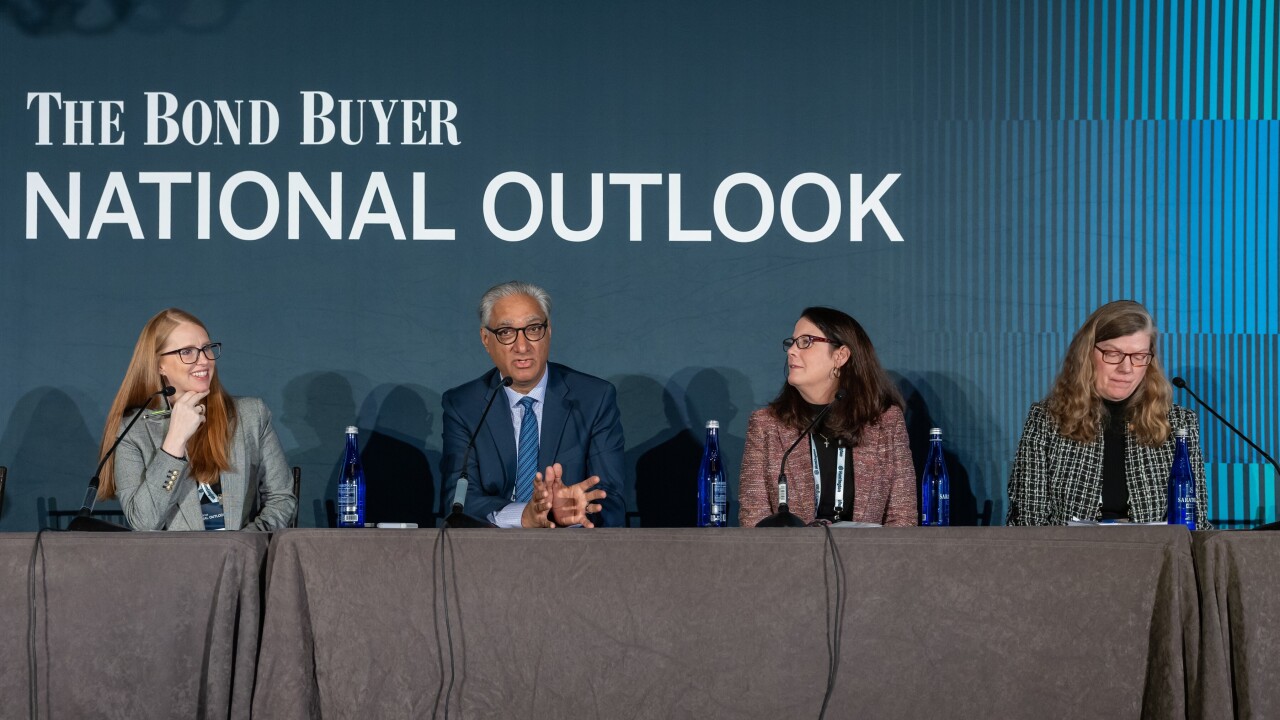
CHICAGO – Ferguson, Missouri will go back to voters seeking a tax hike to help balance a budget strained by a drop in tax collections, legal expenses, and the costs of tackling policing and municipal court reforms outlined in a federal consent agreement.
The city council over the weekend approved putting a 2% hike in the city's utility tax on the Aug. 2 ballot. It would raise $700,000 annually. The council opted against taking a second stab at a property tax hike.
The city said it needs to the extra revenue as sales and property taxes as well as court fines have dwindled in the aftermath of the controversial August 2014 fatal shooting of Michael Brown, an African-American, by a white police officer. The shooting led to violent local protests and a federal probe. At the same time, the city faces rising legal expenses.
In April, city voters approved a sales tax for economic development but rejected a property tax hike. City officials had pressed the case for both, saying they were both needed to tackle a $3 million deficit and the costs of financing the consent agreement reforms. The sales tax hike will generate $1 million annually for economic development. The failed property tax hike would have generated about $640,000.
Not long after the ballot measure, Moody's Investors Service downgraded Ferguson's $6.3 million of general obligation bonds one notch to Ba3, leaving it three notches below investment grade. The city's $8 million of certificates of participation from a 2013 issue were lowered to B1 and $1.2 million from a 2012 issue was lowered to B2. A negative outlook was assigned.
"The downgrade reflects the continued pressure on the city's finances from a persistent structural imbalance and incorporates the recently approved US Department of Justice consent decree, projected to increase annual general fund expenses over the next several years," Moody's said.
The city estimates the agreement's implementation cost in the first year could run as high as $1.5 million with costs falling under $1 million in subsequent years.
Analysts said the April 5 election results were also a factor as "both ballot measures were integral to city management's proposed solution to close a large general fund budget gap that existed before accounting for the additional consent decree costs."
Moody's remains concerned over the further balance sheet erosion given the city's limited revenue options to address its red ink and the agreement's costs. The city has said it will cut spending. Economic deterioration or substantial liabilities from pending litigation could also drive a downgrade as well as any suggestion that the city would default or pursue Chapter 9 bankruptcy.
The certificates could fall further depending on how Moody's revises its methodology on rating state and local government lease-backed, annual appropriation and moral obligations. That comment period closed last December.





